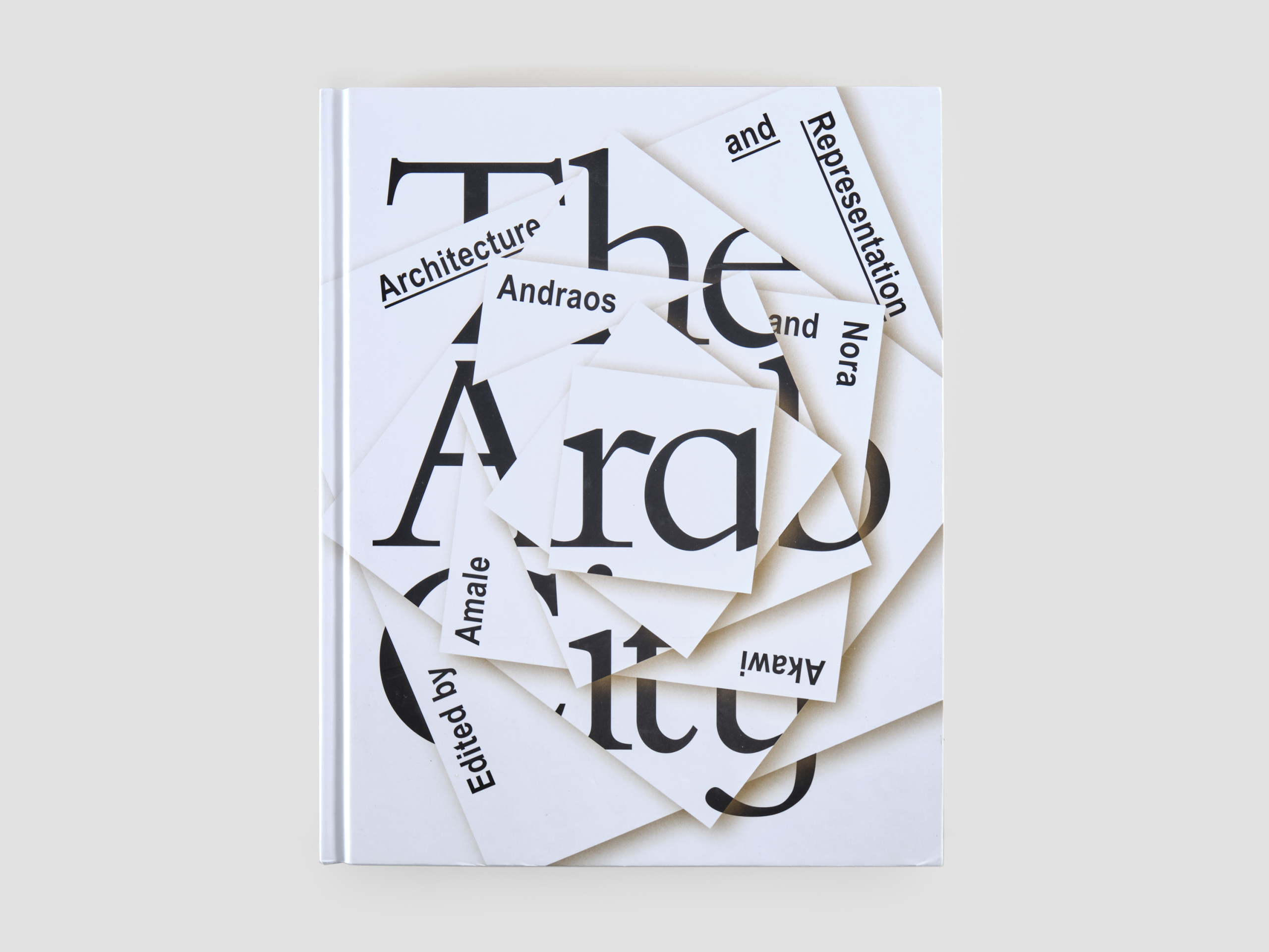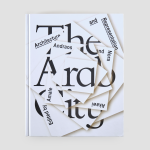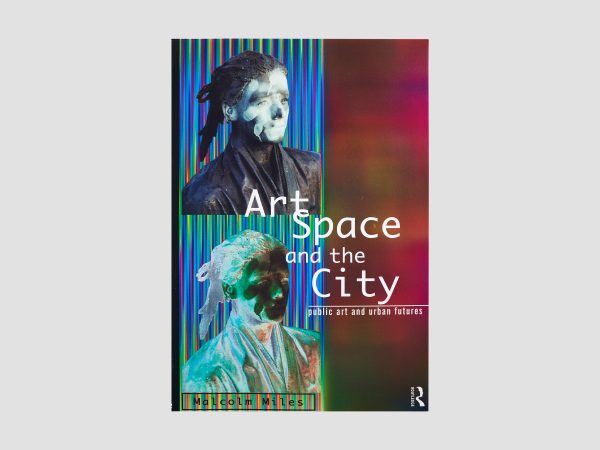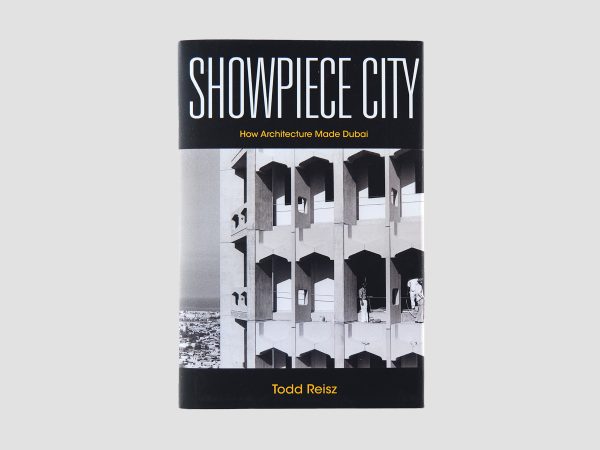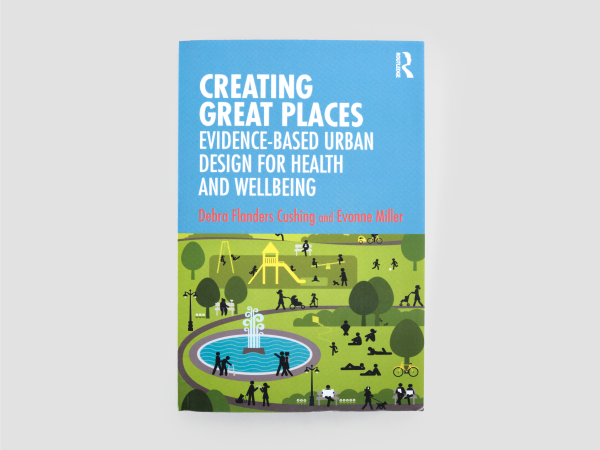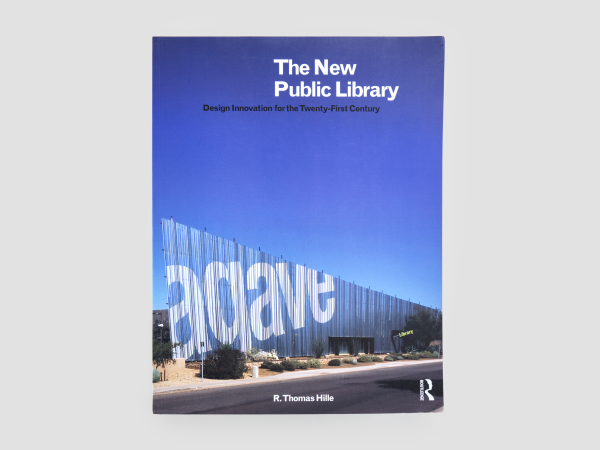Moving beyond reductive notions of identity, myths of authenticity, fetishised traditionalism or the constructed opposition of tradition and modernity, The Arab City: Architectural and Representation critically engages contemporary architectural and urban production in the Middle East.
Arab cities are multifaceted places and sites of layered historical imaginaries; defined by regional and territorial economies, they bridge scales of production and political engagement. The essays collected here investigate cultural representation, the evolution of historical cities, contemporary architectural practices, emerging urban conditions and responsive urban imaginaries in the Arab World.
With contributions from Ashraf Abdalla, Senan Abdelqader, Nadia Abu ElÂHaj, Su’ad Amiry, Amale Andraos, Mohammed al-Asad, George Arbid, Mohamed Elshahed, Yasser Elsheshtawy, Rania Ghosn, Saba Innab, Adrian Lahoud, Lila Abu Lughod, Ziad Jamaleddine, Ahmed Kanna, Bernard Khoury, Laura Kurgan, Ali Mangera, Reinhold Martin, Timothy Mitchell, Magda Mostafa, Nasser Rabbat, Hashim Sarkis, Felicity Scott, Hala Warde, Mark Wasiuta, Eyal Weizman, Mabel O. Wilson and Gwendolyn Wright.
About the Editors
Amale Andraos is the Dean of Columbia University’s Graduate School of Architecture, Planning and Preservation.
Nora Akawi is the Director of Columbia University’s Graduate School of Architecture, Planning and Preservation’s Amman Lab.
About the Publisher
Columbia University Press is a premier American scholarly publisher and a critical extension of the University’s identity and mission worldwide. The Press is an essential partner in the dissemination of important ideas and research generated by Columbia and other leading global scholarly communities.
